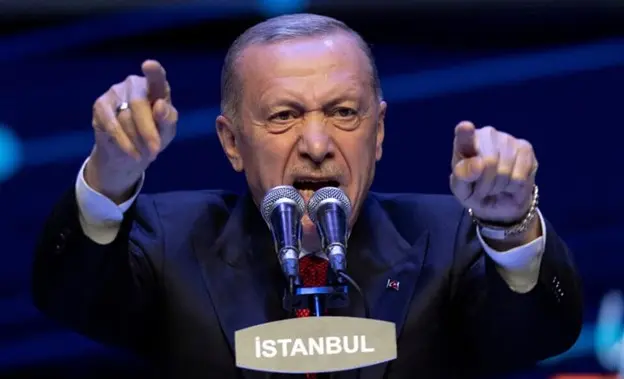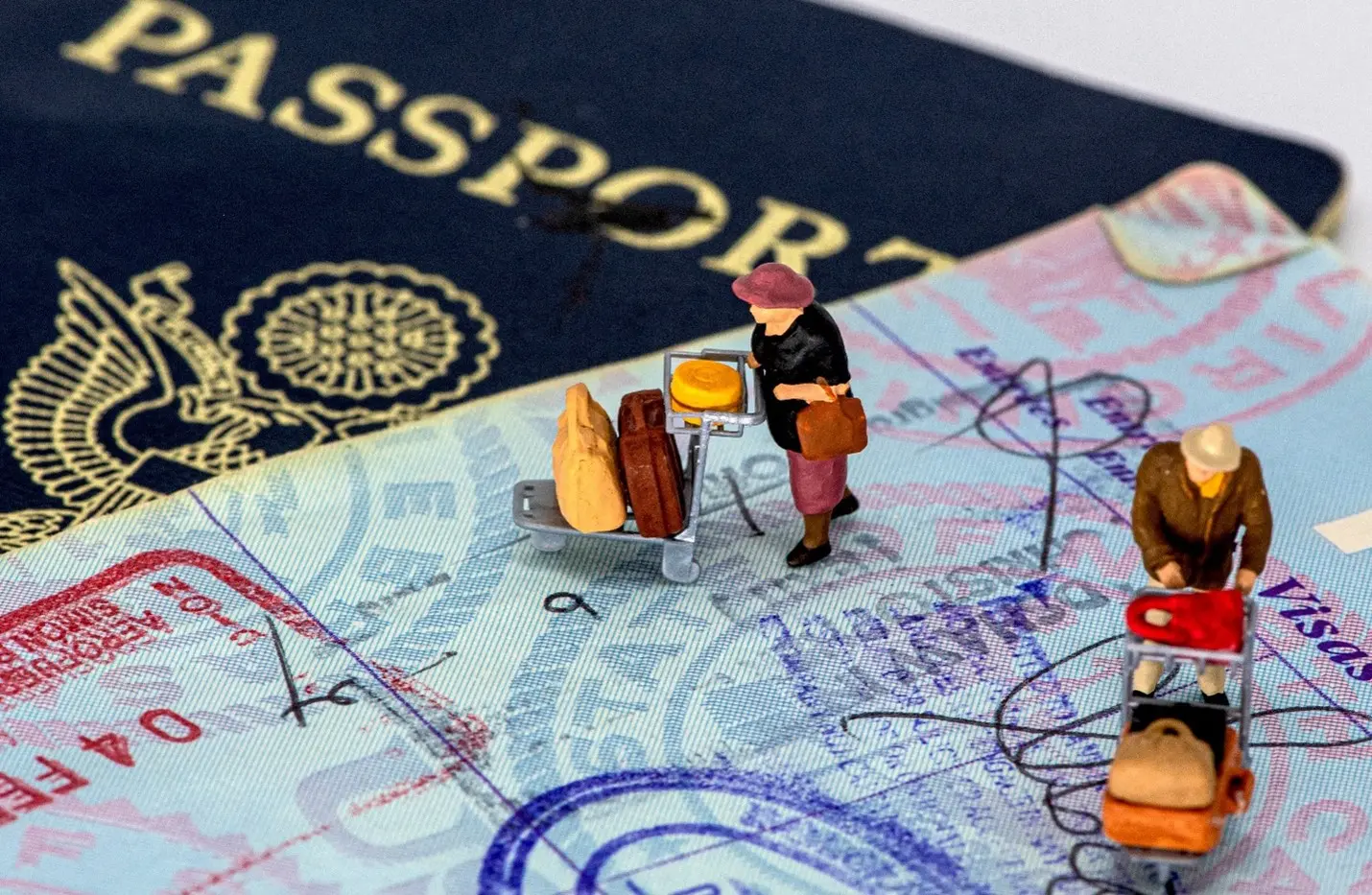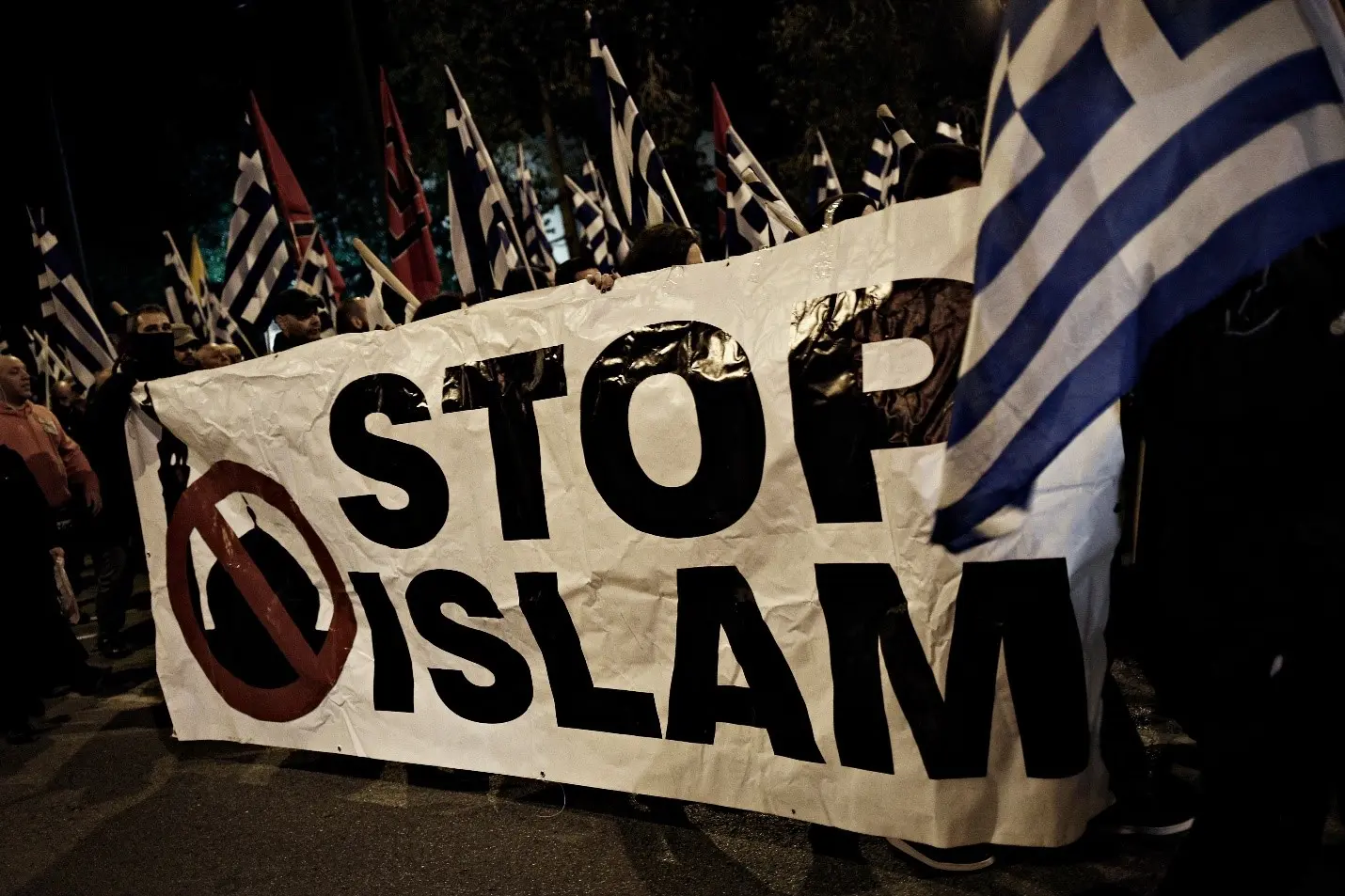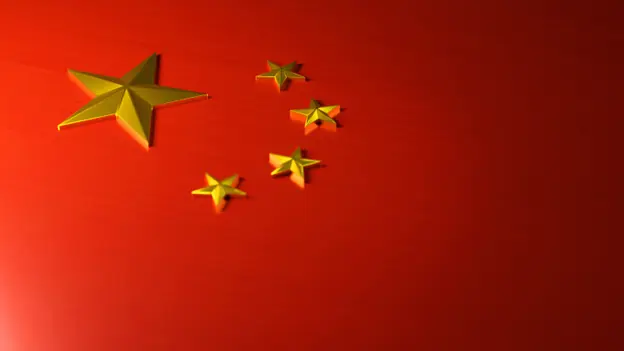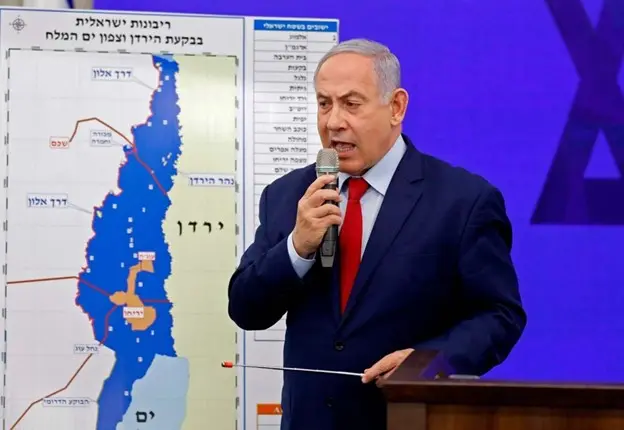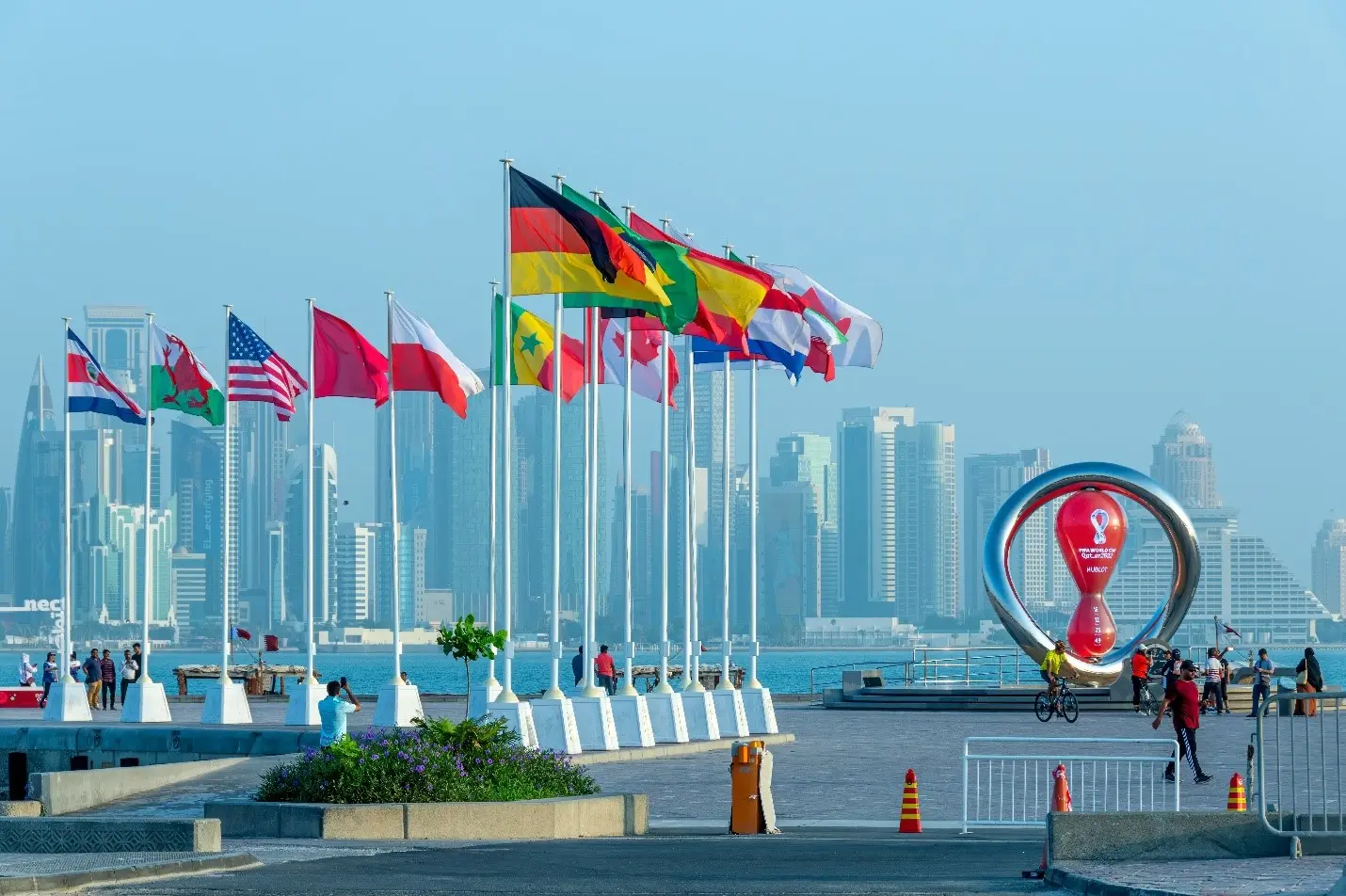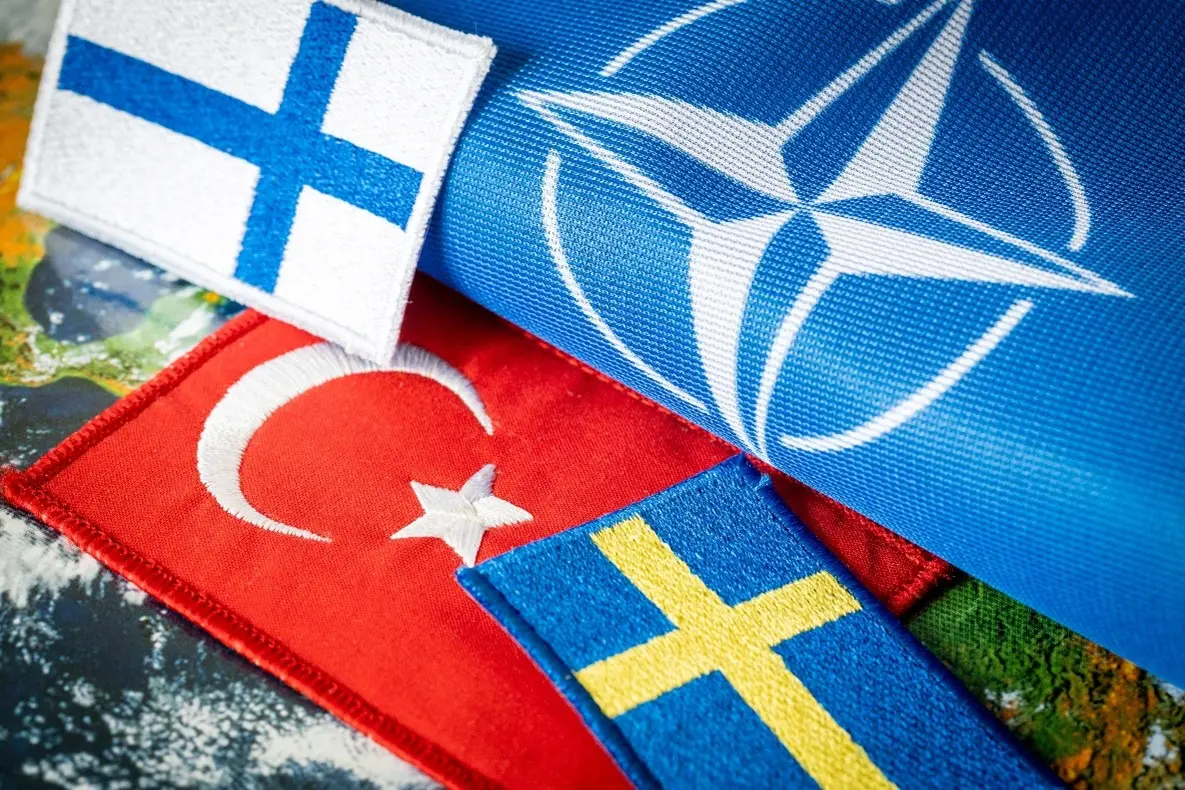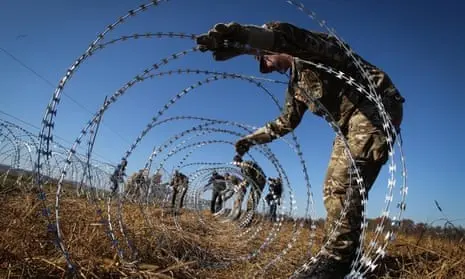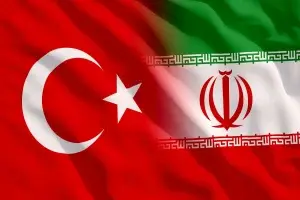2 May 2023
Nationalism: The Last Card in Erdogan’s Hands
With the date of Turkish elections coming soon, Turkish president and his Justice and Development Party (AKP) are facing one of the most serious challenges since the year they came to power. Namely, inflation exceeded 80% in September 2022 and Turkish Lira plummeted in the face of American Dollar. These economic hardships are leading the prospects of a political change to peak. According to polls, Erdogan is in real trouble with the AKP receiving barely 29.5% of votes. Accordingly, Erdogan and his allies resorted to the Nationalist rhetoric knowing that it is an important card when it comes to attracting Turkish citizens’ votes. Turkish Nationalism is believed to be nurtured by Kurdish uprisings and the belief in the “revival” of the Ottoman empire. Next May, general elections are to be held in the middle of the aforementioned atmosphere which threatens Erdogan's legacy. Using the same nationalist tactic as he used in 2018, will the Turkish President succeed again or it is a burned card not useful anymore?
12 Apr 2023
Migration Diplomacy in Transit Countries: How can Tunisia Leverage its Geopolitical Position?
Migration is becoming an important area of bilateral and multilateral diplomatic relations. Examples include intergovernmental agreements to limit, or encourage migratory flow, the preferential treatment to certain foreign nationals, the creation of temporary labor migration laws, and so on. However, the term migration diplomacy can go beyond agreements between states to include diplomatic tools states use in order to extract benefits from other states. It is linked to how cross-border populations’ flow is linked to states’ diplomatic goals. Accordingly, states can leverage their position in the migratory process. In this regard, states can either be considered a Sending state, a Receiving state “also known as destination countries” or a Transit state. Sending countries are usually under-developed ones from which people tend to migrate from due to a myriad of “push factors” such as social, cultural, economic and even climate change reasons; diplomacy in this case is to be called Emigration diplomacy. Receiving countries are the more developed ones to be targeted as destination for immigrants wishing to find better living condition; hence, Immigration diplomacy. Finally, Transit countries are considered an intermediary solution to those who flee their countries of origin aiming to reach another country. However, for some reasons, mainly geographical ones, they tend to settle in a ‘third state’ for temporarily as a transit for their final destination.
In this analysis, it will be discussed how migration diplomacy can be useful especially for transit states who can always leverage on their geographical positions by obtaining concessions from receiving states who which to stop migratory flows from reaching either their shores or their borders. At the first part, it will be demonstrated how have some transit states benefitted from their position. At the second part, the Tunisian case will be discussed. Tunisia, as a vital corridor for Sub-Saharan emigrants aiming for reaching European borders through the Italian shores, falls under the umbrella of a transit state. Given its current severe economic situation, Tunisia can grab the opportunity and use migration flows as a source of income rather than scapegoating them for the country’s problems.
11 Apr 2023
Between Grain and AK-47s: Russian Influence in Africa
The Russian presence in Africa has recently increased after a decline of nearly three decades since the dissolution of the Soviet Union in the nineties of the last century. Russian-African relations are part of Russia's new strategy to enhance its international influence. This strategy conforms to Russia's situation in international affairs, including its support for countries that contradict Western policies. Moscow has focused its influence on the West African region, taking advantage of Western policy mistakes, the mounting anti-European sentiment, and the long-standing failure of international and domestic actors to address the root causes of the regional instability. The first Russian-African summit in Sochi in October 2019 concluded contracts with more than 30 African countries for the supply of weapons and military equipment. It thus opened the door for state-backed companies to invest heavily in the security and technology sectors and industries that extract natural resources such as oil, gas, gold and other minerals.
On the other hand, the Russian-Ukrainian conflict did not impede this rapprochement but rather contributed to developing the partnership between the two parties to take the form of a strategic alliance. This was apparent in the speeches and statements of President Vladimir Putin, the most prominent of which was the speech he delivered at the International Parliament Conference "Russia - Africa in a Multipolar World", which was held in Moscow in March of this year on the sidelines of Saint Petersburg preparations for the second coming Russian – African summit to be held in July 2023. Putin reiterated that cooperation between Moscow and African countries was and will always be one of the top fixed priorities of Russia's foreign policy, declaring Russia's fulfilment of all its obligations, including supply of food, fertilisers, fuel and other essential products to the countries of the continent, which helps ensure food and energy security.
In light of the ongoing Russian-Ukrainian conflict, this analysis aims to shed more light on the motivations and characteristics of the Russian strategy in Africa. It also seeks to highlight the challenges to Russian influence expansion as well as the prospects for Russian-African relations in the future.
4 Apr 2023
Is Islamophobia on the Decline in Europe?
Islamophobia is a combination of hatred, fear, and prejudice towards Islam and Muslims. This phenomenon is manifested in violence against Muslims and Islamic symbols, as well as discrimination and antagonism in daily life. Over the last two decades, there has been a sharp rise in anti-Muslim prejudice, leading many nations to take unjustified action against Muslims in response to the security concerns that have been levelled against them. The persistence of prejudice and hatred against Muslims is also a result of widespread misconceptions about Islam. In addition to several incidences targeting Muslims and their symbols, Islamophobia has spread through statements, attitudes, and campaigns that fuel anti-Muslim sentiment. Muslims frequently face discrimination in countries where they are a minority and have trouble accessing products and services, education, and jobs. Islamophobic hate crimes typically rise following particular occurrences, such as terrorist acts, often provoking collective punishment.
On the other hand, there has also been an increase in tolerance recently, with a noticeable expansion of Muslim celebrations and rituals in various European cities. For example, Ramadan was observed in London by a few English clubs and Muslim footballers were given time to break their fast by English Football Association. The German Federal Ministry of Education and Research also issued a letter allowing Muslim instructors in Berlin to wear the veil (hijab). Considering these seemingly minor but significant societal developments, this analysis investigates the repercussions of these changes on the presence of Islamophobia in Europe to determine whether the phenomenon has declined or if these manifestations are still too superficial to affect the depth and roots of the issue.
4 Apr 2023
China: The Upcoming Hegemon
China has been considered as the main threat to the current world order maintained by Western powers. It became clear when the U.S. for the first time identified Beijing as its “number one challenge” and NATO members included the same country in its “strategic concept”. China has long advertised for itself as a trading partner for many countries with no political interests. For years, world leaders have accepted this propaganda created by the Chinese and perceived the Asian giant as only an economic competitor. However, it seems that Beijing has decided to break up with its old strategy of “hiding our capabilities”, known as taoguang yanghui (韬光养晦).
Lately, China has been engaging in diplomatic initiatives such as the peace plan aimed at ending the war in Ukraine as well as brokering the process of normalizing relations between Iran and Saudi Arabia, leading to Western apprehension from rising Chinese diplomatic power as they understand that altruism has no space in politics. Analysts have been trying to identify the new role to be played by Beijing relying on the concepts coined by William T.R. Fox which concludes that China is not a superpower but it is only a regional power for not being able to deploy military forces overseas. Nevertheless, we argue, contesting prevalent IR theories, that in the new world order, economic might could be enough weapons to extract global political influence. In other words, the contemporary definition of a superpower is different from the one coined by Fox.
30 Mar 2023
Netanyahu’s Judicial Amendments and the Future of the Palestinian Cause
In recent months, protests inside Israel have increased significantly in response to Israeli Minister of Justice Yariv Levin's announcement of the judicial overhaul plan on January 4, 2023. Protests have been held every week since Yariv's announcement. On February 12, 2023, Israeli President Isaac Herzog delivered an unusual address in which he warned of the consequences of this plan and its harm to Israeli society, economy, and security. The president attempted to mediate a reconciliation between the opposition and the ruling coalition, but he was unsuccessful. Nevertheless, the coalition began its strategy; on March 20, 2023, the Knesset passed the first reading of the proposal regarding the eligibility of ministers and deputy ministers with a majority of 63 members. In addition, the proposal states that courts, including the Supreme Court, are not allowed directly or indirectly to hear cases relating to the appointment or dismissal of ministers from office. This proposal is one of the most crucial components of the judicial amendments plan.
29 Mar 2023
Sports Diplomacy: How Do Sports Events Enhance the Reputation of Countries?
The FIFA World Cup in 2022 in Qatar garnered more attention from the international community due to Qatar's ability to change perceptions of it as a nation capable of hosting the biggest sporting events. Many countries have recently sought to host international sports events in an effort to enhance their posture diplomatically, improve their reputation as well as shore up their position within the international community. To that end, “Sports Diplomacy” has been used to achieve understanding and peace among nations and promote the countries’ political and ideological goals. On the other hand, countries exploited sports as an approach aiming at asserting the superiority and strength of the state; for instance, the 1936 Olympic Games were held in Germany, and the 1934 FIFA World Cup was held in Mussolini’s Italy. In other cases, sports played a more constructive role in the 1990s, representing an opportunity for South Africa to surpass the apartheid era and look forward to a better future. For China, sports have played a role in introducing an open policy and a more influential economy.
A state’s reputation is one of the key factors affecting its international relations, as it reflects its global image, influencing its recognition and interaction with other countries. With sports diplomacy, states could carry out several interests, such as boosting diplomatic ties with other states, raising the degree of understanding and cooperation among people and governments, and improving the state's public image globally. In other words, sports diplomacy is an effective tool for attaining diplomatic goals and promoting the state’s reputation worldwide. This analysis seeks to shed more light on the link between sports diplomacy and the state’s reputation and how the state’s stance in the international community is enhanced by sports diplomacy.
23 Mar 2023
A Window of Opportunity: A Reading of Turkey’s Position on Sweden and Finland’s NATO Membership
The North Atlantic Treaty Organization (NATO) philosophy is based on promoting peace and stability and protecting the security of its members through a European and North American defence alliance. The alliance enjoys an "open door policy" whereby any European country willing to undertake the obligations and commitments of membership is welcome to apply for membership. Any decisions on expansion must be approved by a unanimous vote of the current 30 members. The essential feature of the alliance is Article 5 of the Washington Treaty on Collective Defence, which establishes NATO as a powerful alliance that guarantees security by the military response and protects any member state if it is attacked.
20 Mar 2023
Securitization of Migration: An Elastic Tool
Securitizing an issue means simply, designating an issue as of an extreme danger to be dealt with urgently. The theory of securitization stipulates that national security policies are not given but are formulated by policy makers mainly through their uttered words. Accordingly, narratives given by policy makers frame issues as either a security threat, a mere challenge or even an opportunity. The same issue can be mentioned by the same political leader once as a security threat that the nation should mitigate at some point and an asset at another. Migration is one of those issues which governments either give a securitizing polish or none at all. In this analysis, the argument goes that “national interests” made-up from economic and political conditions are the main factors in deciding the given frame.
7 Mar 2023
Politicization of Disaster: The Effect of the Earthquake on Regional Dynamics
The earthquake which hit the southern Turkish territories in February 2023 proved that natural disasters taking place in the 21st century do not only result in piles of deaths and injuries but also political ramifications take place. When the earthquake hit Turkey, politicians understood that it is an opportunity to capitalize on for achieving delayed political aims. On the domestic level, opposition parties started to accuse the current president and his government with poor crisis management while trying to tilt the playing field in their favor before the general elections scheduled in May. On the international front, issues such as NATO enlargement, bilateral relations with Greece and the delayed F-16 deal have taken the larger space in the discussions which came after the earthquake. Accordingly, the natural disaster proved to be a political tool that should not be missed by contemporary politicians.
26 Feb 2023
Stages of Reform: An Egg-Chicken Dilemma
After the so-called Arab spring, different narratives have come out about the reformation and the rebuilding of the Arab states in the aftermath of changing their political systems. However, different narratives coming from global powers such as the European Union endorse the importance of prioritizing democracy for the process of reformation while on the other hand in-depth observation of the current policies of those states reveals that they are prioritizing Economic and military stability over democracy and here comes the paradox; “what should come first in the process of reforming Arab states”. Importantly, if reform necessitates popular satisfaction in order to be sustainable, would democracy still constitute the goal policy makers, supposedly, should work to achieve?
20 Feb 2023
Türkiye and Iran: A Marriage of Inconvenience
The bilateral relations between Türkiye and Iran have always been one of the most unique in the world of international relations. Although pigmented with a number of clashes over several issues, ad-hoc points of cooperation intervene to stand in the face of building an animosity between the two states. With geopolitical changes taking place recently, it deserves to study whether the “marriage of inconvenience” between the two states will continue or it will at some point be disrupted. In this analysis, both points of contention and cooperation will be discussed showing the shape the relations between the two states have been taking paving the way for understanding the persistence of the current pattern.
